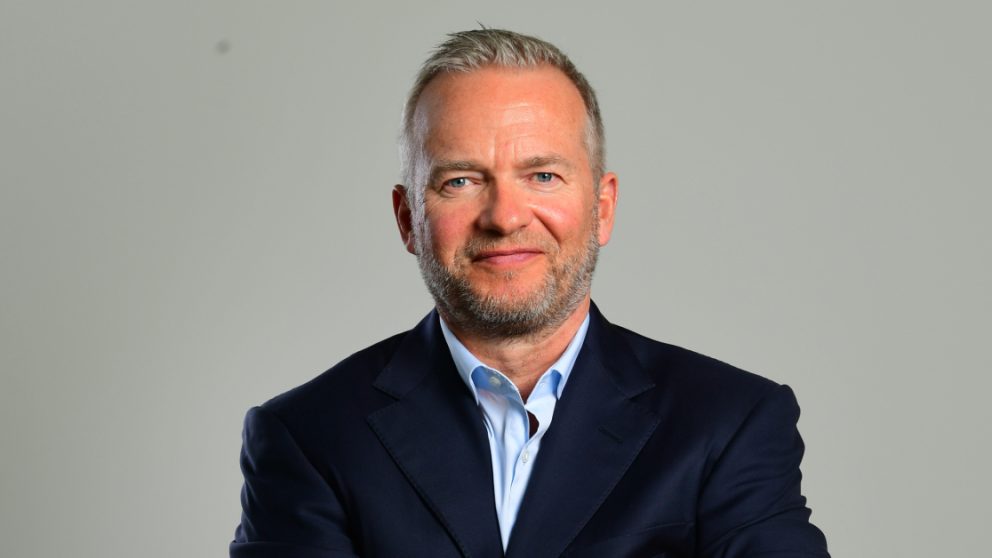
Lars Tvede: Jeg er iværksætter – ikke leder
I bogen ”Doers & Dreamers” interviewer Jonathan Løw, co-founder i JumpStory, en lang række eksperter, ledere og iværksættere, der deler ud af deres erfaringer og tips & tricks til at starte, lede og skalere startups og vækstvirksomheder. Vi bringer her et uddrag fra Jonathans snak med serieiværksætter Lars Tvede.
1. As an entrepreneur do you see yourself a doer or a dreamer? Do you have any advice for the ones who want to be doers but don’t know how?
“I am very much both, which is why I am an entrepreneur. However, I am not a leader, which has been my Achilles heel all my life. I create ideas and companies, but then seek other people to lead them, because I don’t like to lead and don’t do it particularly well.
My advice is, find out if you are actually a doer by nature, because if you aren’t, you should probably leave it to others. But if you do in fact have the doers’ mindset, consider doing the project with someone who shares your dreams. Do it as a part of a team. OK, I know this can go so bloody wrong, so please write a shareholder’s agreement early on. But still, for most people, it’s far easier to succeed as a founder´s team of 2-3 people than alone. Statistics show this.”
2. What inspires you when you develop new ideas?
“Most of what I have done was about creating something that I would love to be an owner or user of myself. I guess the inspiration comes from seeing a lot of things in life. This means once in a while, that “wouldn’t it be cool if I could get …?” And then I set out to make that into a reality.”
3. Knowing what you know now, is there anything you would have done differently when you were first starting out?
“There is an awful lot. The first thing is to take some personality tests early in life to find out who you really are. In my opinion, many of these tests are surprisingly good, and there are lots of them. When I chose my education as a teenager, I had minimal understanding of what made me tick, so I chose the wrong line of education – simply because I didn’t understand who I was. And later in life I often accepted responsibilities that I was not good at handling.
However fortunately, I learned gradually along the way, and when I look back at the 13 companies I have founded or co-founded so far, the ones that went well were typically the ones where I worked with people with talent, insights and social networks that were very complementary to mine. But I should have been better at this earlier.”
4. Your parents have worked in the public sector. How has this influenced your entrepreneurial career?
“Many people have inspired me a lot. This was great but also necessarily because I had to learn a lot. I grew up with parents working for the public sector, and most of their friends doing the same. From this, I evolved to become a private business serial entrepreneur surrounded by other entrepreneurs, and there were just so many things to learn on the way. For instance, some people have taught me how to sell, which is pretty far from my own personality. Others have shown me how to simplify business activities. And others how to stay fit or enjoy life.
One thing that I have tried to learn along is to both be inspired but also try to inspire. You tend to get if you give. innovation and market trends. This includes technology milestones, startup activity, sector impact, use-cases and news, etc.”
5. What is most important to you. Details or the big picture?
“I am generally mostly a big picture guy, but when I work with something which is a passion for me, I can become incredibly detail-oriented. The flipside of that is that when I am not passionate about a subject, then its details might bore me to death.”
6. What are you working on currently?
“I am a financial investor and the founder of the company called Supertrends, which uses crowdsourcing and AI etc. to create Dashboards for tracking and forecasting globa innovation and market trends. This includes technology milestones, startup activity, sector impact, use-cases and news, etc.”
7. This book is all about impact. What is impact to you?
“In terms of startups and investing, impact means making something better apart from your personal situation. Personally, I don’t think impact needs to be grandiose at all; most people who seem to be trying to “save the world” don’t impress me much. In fact, in many cases, I see it mainly as egocentric virtue signaling. Yes, saving the world does work in some Hollywood movies, but many people who make noise about saving the world in real life assume that it is done with other people`s resources. And many of these people are in my opinion pretty useless. However, what we can all do is to find some small corners of the world that we can make incrementally better. This is the down-to-earth impact that I prefer.”
Du kan downloade hele Doers & Dreamers her
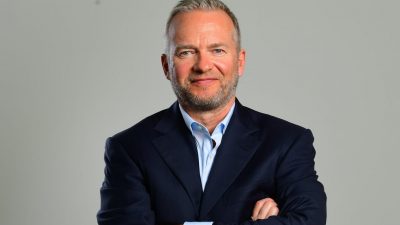
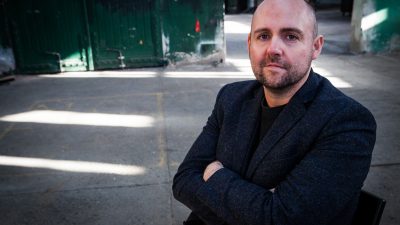
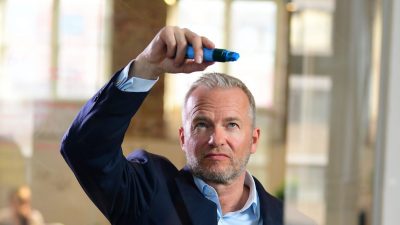
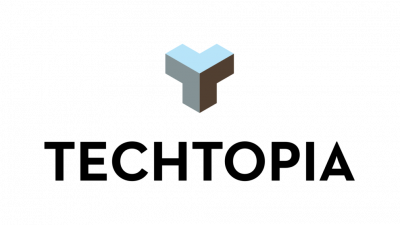
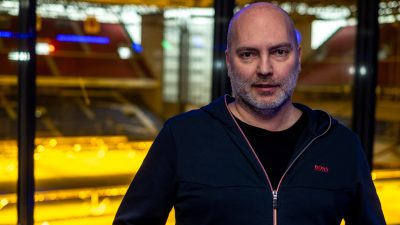
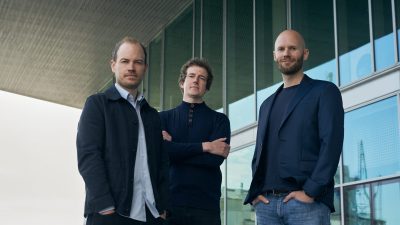
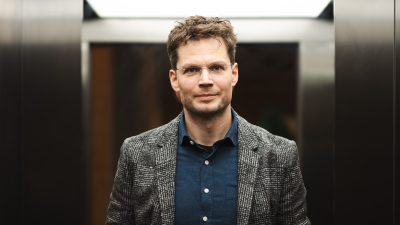
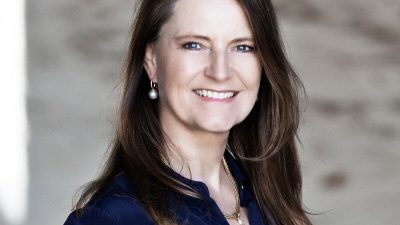
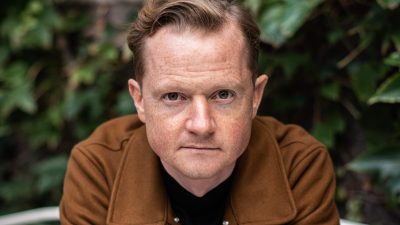
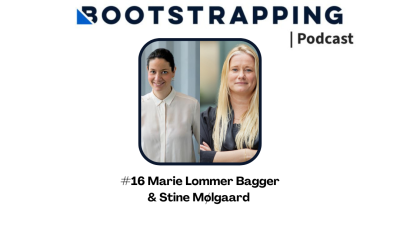

Comments